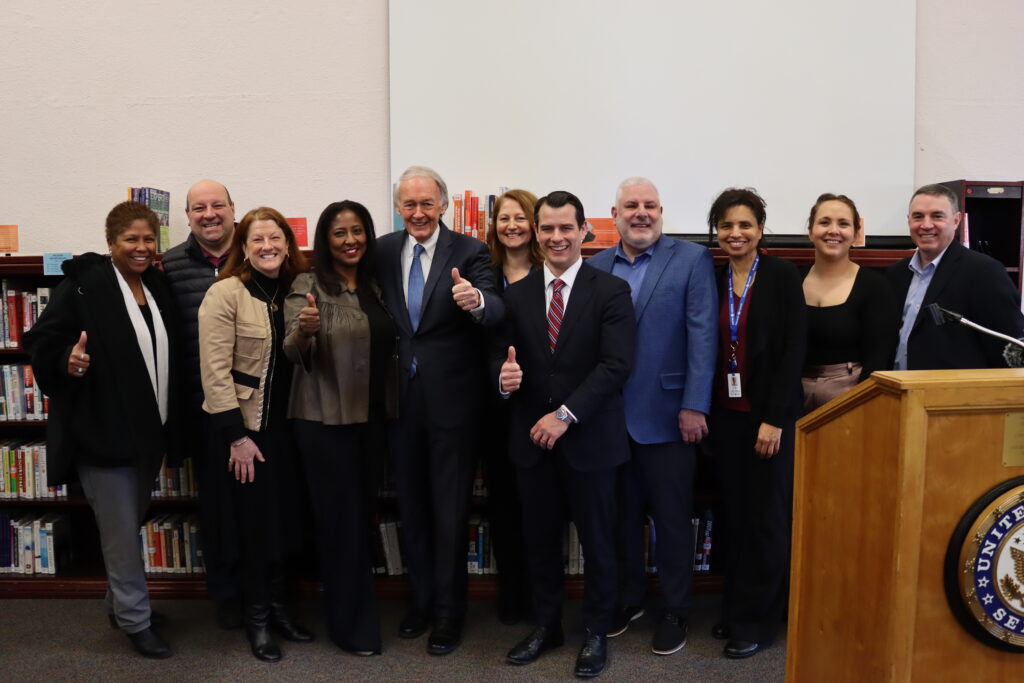Why Congress Needs to Extend the Affordable Connectivity Program

In honor of Black History month, I would be remiss if I did not mention that before he passed, the great civil rights leader Congressman John Lewis described access to the internet as the civil rights issue of the 21st century. Congressman Lewis, as many people today, recognized that without access to the transformational power of the internet, people – especially Black and other people of color – will be left out of opportunities and left behind progress.
The digital divide, the quintessential story of the haves and have nots, is the intended and foreseeable product of unjust and discriminatory practices and policies that built and sustain inequalities and racial disparities – and that exclude, ignore, overlook and oppress low income neighborhoods, communities of color and other marginalized people. Communities where you often pay more, for less. Yet, the conversation about the digital divide is often limited to discussions about infrastructure and comparisons between rural and urban deployment.
The enrollment of over 366,000 Massachusetts households in the Affordable Connectivity Program, a state that has less than 2% of locations without high-speed internet infrastructure, forces us to focus on affordability. High costs of internet subscriptions was identified as the biggest barrier to having broadband at home by Massachusetts residents.
We need more than every resident to have high-speed, high-quality internet available, we need high-speed, high-quality internet that is available and affordable to everyone. We have to explicitly define availability to include affordability. With internet service providers enjoying billions of dollars in profits each year, affordability for everyone is possible especially with public and private partnerships.
The federal government created ACP to directly address affordability. The program has successfully connected millions of households across the country including Eugenia from Boston who uses the internet to stay informed about her health care. She says she can’t afford the internet otherwise. ACP allowed Sonia, a Holyoke resident and a fellow member of the Digital Equity Coalition, to connect to the internet after having to park outside the library so her daughter could access the Internet to do her homework.
ACP has also been a powerful tool to engage and build meaningful relationships with community members from diverse backgrounds and with diverse needs. The Massachusetts Statewide Digital Equity Coalition has members across the state spreading awareness about ACP, helping people enroll and preparing for the wind down in a variety of settings – schools, domestic violence shelters, community health offices, libraries, legal services offices. For example, Essex County’s own MakeitHaverill helps youths re-entering the community after incarceration to enroll in ACP while exposing them to workforce opportunities.
Without ACP, many of these households will be disconnected and many of these opportunities of personal connections lost. We urge Congress to extend ACP and to create permanent solutions that address affordability fairly and equitably and that target the causes of the inequities and disparities so that we can all get connected.
Keep us connected and thank you!
***
Virginia Benzan, MLRI’s Director of Racial Justice Advocacy, made these remarks at an ACP press conference in Lynn on February 20. Learn more.
